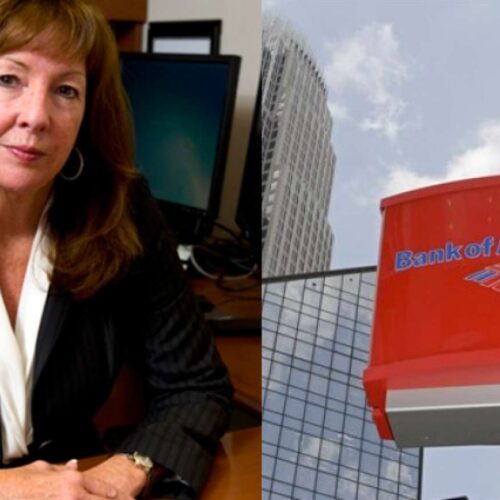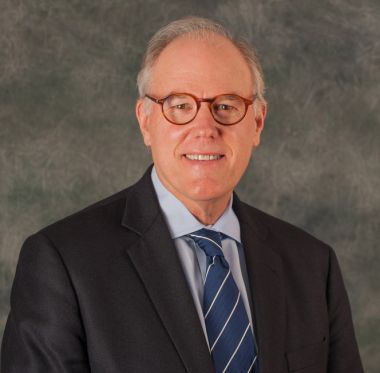Introduction
Countrywide Whistleblower Sings
Countrywide Financial was the top originator of sub-prime mortgages during in the years leading up to the 2008 economic meltdown. Now we hear first-hand testimony from Eileen Foster, a Countrywide whistleblower who saw fraud on an outlandish scale. In an exclusive interview with iWatch News, the former internal investigator tells how mortgage brokers used scissors, tape and Wite-Out to create fake bank statements, inflated property appraisals and other phony paperwork. Inside the heaps of paper, for example, she found mock-ups that indicated to investigators that workers had, as a matter of routine, literally cut and pasted the address for one home onto an appraisal for a completely different piece of property. Foster was ultimately fired for reporting the violations but has since won a whistleblower case against the company and $930,000.
Congress Investigates Cozy Relationships with White House
House Republicans have launched a broad investigation into White House ties to campaign donors seeking government contracts, loans and other benefits, and are requesting information on White House contacts with LightSquared, a company whose employees made large contributions to Democrats while gaining access to presidential aides. We broke the LightSquared story as well as the tale of the bankrupt solar company Solyndra. Rep. Darrell Issa, chairman of the House Committee on Oversight and Government Reform, is concerned about the government “picking winners and losers.” The Center is frankly more worried about big campaign contributors buying access and favors from the government.
Insurers Push to Privatize Medicare
This week, News Analyst Wendell Potter discusses a new insurance industry push to privatize Medicare. Insurers have salivated for years over the massive revenue stream they could win if they were able to convince Americans privatization is a good idea. Potter writes: “The plan would—to use a favorite industry term—take us down the ‘slippery slope’ toward a complete corporate takeover of the Medicare program. (Insurers and their allies for years have warned Americans that enacting sweeping health care reforms they don’t like would lead us down the slippery slope toward socialism.)”
A Costly Subsidy Survives
It just goes to show that once a program is created in Washington, it’s very hard to kill. The Essential Air Service subsidy was designed in 1978 as a 10-year initiative to help rural airports likely to be left without routes as commercial aviation converted to a deregulated, market-driven system. In most cases, the program limits assistance to isolated communities more than a 70-mile drive from the nearest major hub airport, which could be subsidized at a rate of less than $200 per passenger. (That’s not always the case. A ticket to Jonesboro, Ark., currently cost taxpayers an estimated $840.) EAS has persisted almost 25 years past its original congressionally mandated expiration date. It now serves 153 communities and costs some $200 million a year. A recent short-term funding extension for the Federal Aviation Administration left the program intact, despite the budget deficit.
If you like stories like these, won’t you please send us a donation to help continue our work? Every little bit helps.
Until next week,
Bill Buzenberg
Executive Director
Read more in Inside Public Integrity
Inside Public Integrity
The weekly watchdog: Oct. 17 – Oct. 21
This week’s top investigations from iWatch News


Join the conversation
Show Comments